
By this point, the only two franchises that Rockstar Games pays any sort of meaningful attention to are Grand Theft Auto and Red Dead Redemption, which, in turn, means that the developer has a host of beloved properties in its catalog that have gone all but dormant. Among those, one in particular that holds a special place in the hearts of practically millions is L.A. Noire, which, sadly, never really managed to make it past its first game.
But what a first game it was. Releasing in 2011 for Xbox 360, PS3, and PC (before getting PS4, Xbox One, and Nintendo Switch ports in the years that followed), the open world title was truly a breath of fresh air, and though it was obviously plagued by a number of behind-the-scenes development issues at the now-defunct Team Bondi, the end product enjoyed widespread critical acclaim, and over time, impressive sales- to the point that it’s still surprising that we never got an L.A. Noire 2. Whether that will ever change is anyone’s best guess- but that’s not what we’re here to talk about. We’re here to talk about the original game, and just what made it as good as it was.
There’s a lot to go over here, but I suppose it makes sense to start off with the game’s use of facial capture technology, which, at the time, was nothing short of revolutionary. Motion and performance capture have become commonplace in games now, but back in 2011, at a time where the technology was still very rarely being used in the industry, L.A. Noire almost made it its star attraction, capturing the nuanced facial ticks and movements of the actors’ faces, which enabled some of the most detailed and authentic performances we had seen in games at the time.
That was also something that the game made use of in its gameplay, with players being tasked with studying characters’ faces and facial movements during interrogations to try and figure out if they were being honest about specific things. Did it work perfectly? Well, no. L.A. Noire’s faces often found themselves lingering into uncanny valley territory, while you’ll also find plenty of hilarious clips of facial animation glitches in the game out there. But by and large, the end result was massively impressive, and certainly helped the game craft a very unique identity for itself.
All of that was, unsurprisingly, also a massive boost for the game’s storytelling ambitions, which, incidentally, was another area that L.A. Noire excelled in. Boasting perfect pacing, heavy stakes, and satisfying emotional payoffs, L.A. Noire was nothing short of a storytelling masterpiece. Deserving special praise was its cast of characters, and in particular, protagonist Cole Phelps. Played excellently by Aaron Staton, charting Cole’s career as a cop across different departments was captivating from the first second to last. Thanks to its tight writing, the game did an excellent job of exploring the ugly nuances of everything from organizational corruption to rampant crime to Cole’s own personal demons. To this day, L.A. Noire probably ranks as one of the best narratives we’ve experienced in a Rockstar title. All of that was helped even more by the game’s period setting.
It’s no secret to anyone that Rockstar’s open world titles have an incredible track record where their settings are concerned, and L.A. Noire’s recreation of 1947 Los Angeles is right up there with the best of the best open world cities we’ve seen in games published by Rockstar. In terms of its systems, mechanics, or optional activities, it may not have broken any new ground, but though the open world setting was a by-the-numbers one in those areas, where it really stood out was how authentic and incredibly atmospheric it was.
L.A. Noire captured the atmosphere of its period setting to pitch-perfection, and simply existing in the world and driving about its obsessively detailed streets was a pleasure in and of itself. More than anything else, it served as the perfect backdrop for the story’s noir, detective thriller trappings. So perfect was the game’s blend of its setting and its central premise, it was impossible not to be impressed by not only how singular its vision was, but how cohesive it remained in its execution, in spite of how disparate so many of the experience’s individual elements might have seemed on paper.
Of course, from a pure, moment-to-moment gameplay perspective, there was plenty to like about L.A. Noire. With its driving mechanics and its combat, the game didn’t exactly offer anything we hadn’t already seen in a bevy of open world games before, but even so, those activities remained enjoyable on a fundamental level. It wasn’t the combat or the driving that really served as the game’s highlight, but rather how immaculately its gameplay loop captured its whole investigative premise. Chasing leads, gathering clues, catching suspects, interrogating people- a lot of games have had players engage in such activities, but very few of them manage to do it this effectively. L.A. Noire truly put you in the shoes of someone investigating a variety of heinous crimes, and putting all the pieces together and unraveling the game’s many mysteries remained immensely satisfying right up until the credits rolled.
In more ways than one, it was a game with lofty ambitions, and more importantly, a game that could actually back those ambitions with how it implemented them. Above all else though, it was unique. Open world games are a dime a dozen now, and even though they weren’t nearly as common back in 2011, they weren’t exactly sparse either. In spite of their numbers, however, very rarely did they try something new and different the way L.A. Noire did.
All of which brings us back full circle to the question we started with. L.A. Noire was obviously a great game, and it certainly sold quite well, too, having shipped 7.5 million units worldwide by September 2017 (and given the fact that the game launched for PS4, Xbox One, and Nintendo Switch just a couple of months after that, it’s safe to say that its sales numbers have grown since that last update). So how come we never got a sequel? Yes, the developer, Team Bondi had to shut itself down mere months after the game came out, but in the years that followed, Rockstar Games’ parent company Take-Two Interactive called L.A. Noire an important franchise for its catalog on a number of occasions. However, with the exception of re-releases and The VR Case Files, which launched in December 2017, L.A. Noire has been almost entirely dead.
Will that ever change? There’s nothing that suggests that it won’t, but unfortunately, at the same time, there’s nothing that suggests it will either. We sincerely hope we do get to see an L.A. Noire 2 at some point in the not-too-distant future though, because clearly, this is a game that deserves a sequel. Hell, it demands one.
Note: The views expressed in this article are those of the author and do not necessarily represent the views of, and should not be attributed to, GamingBolt as an organization.








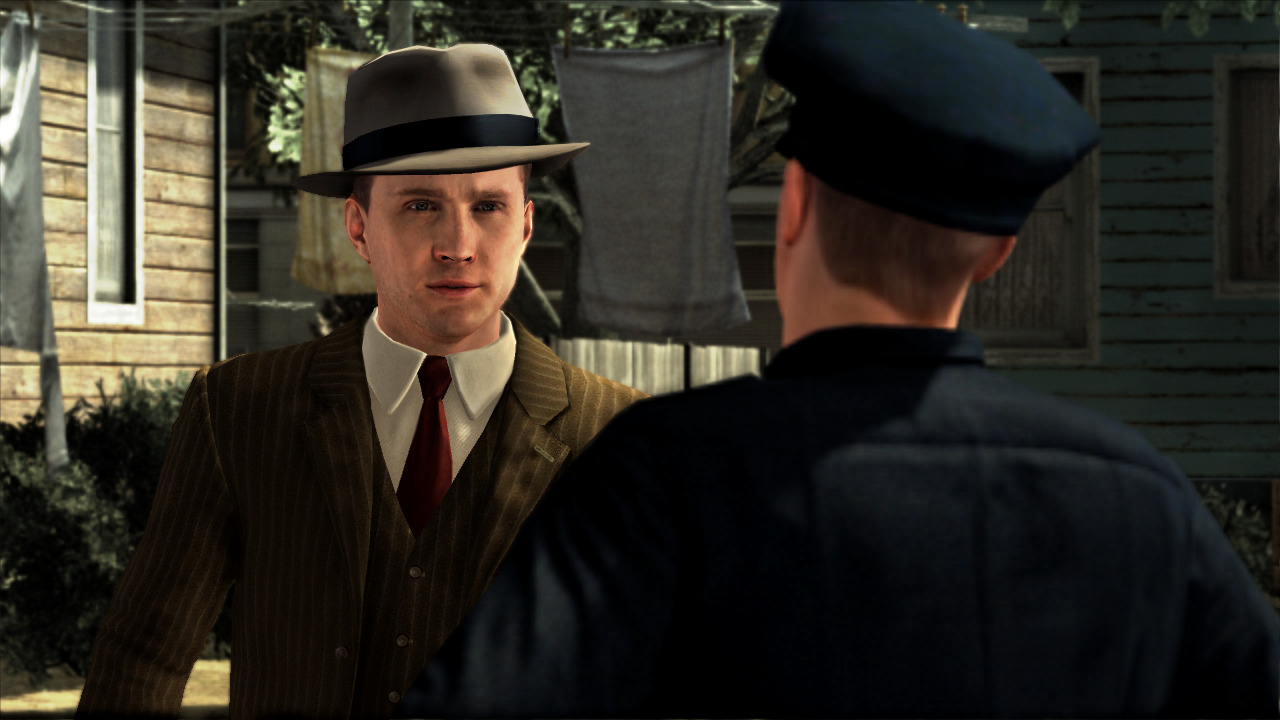
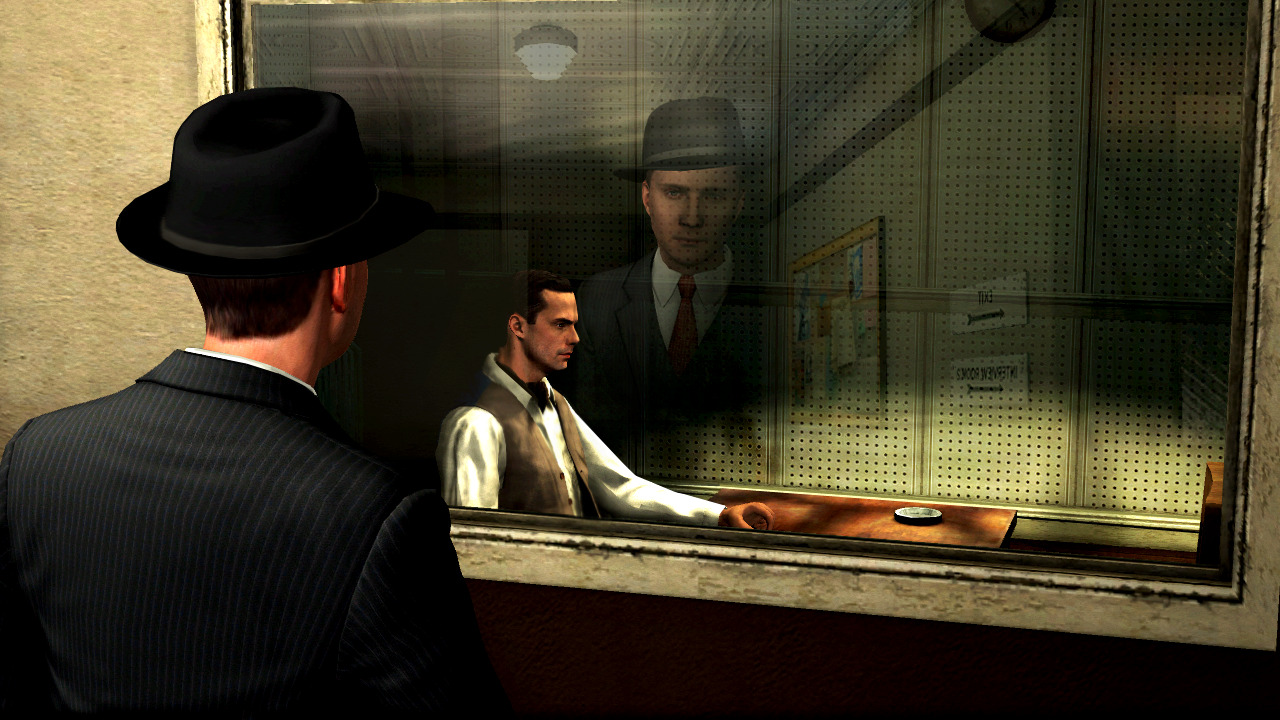

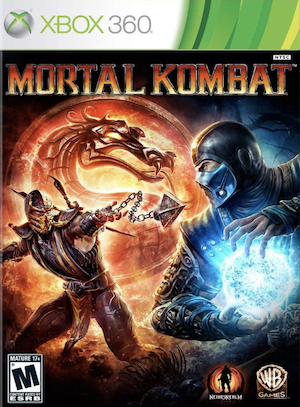

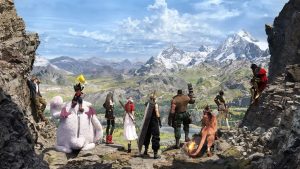
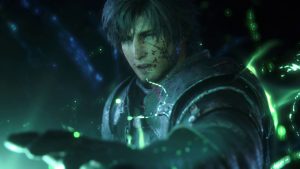

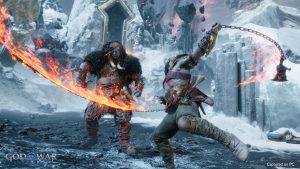
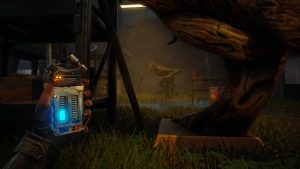
Share Your Thoughts Below (Always follow our comments policy!)